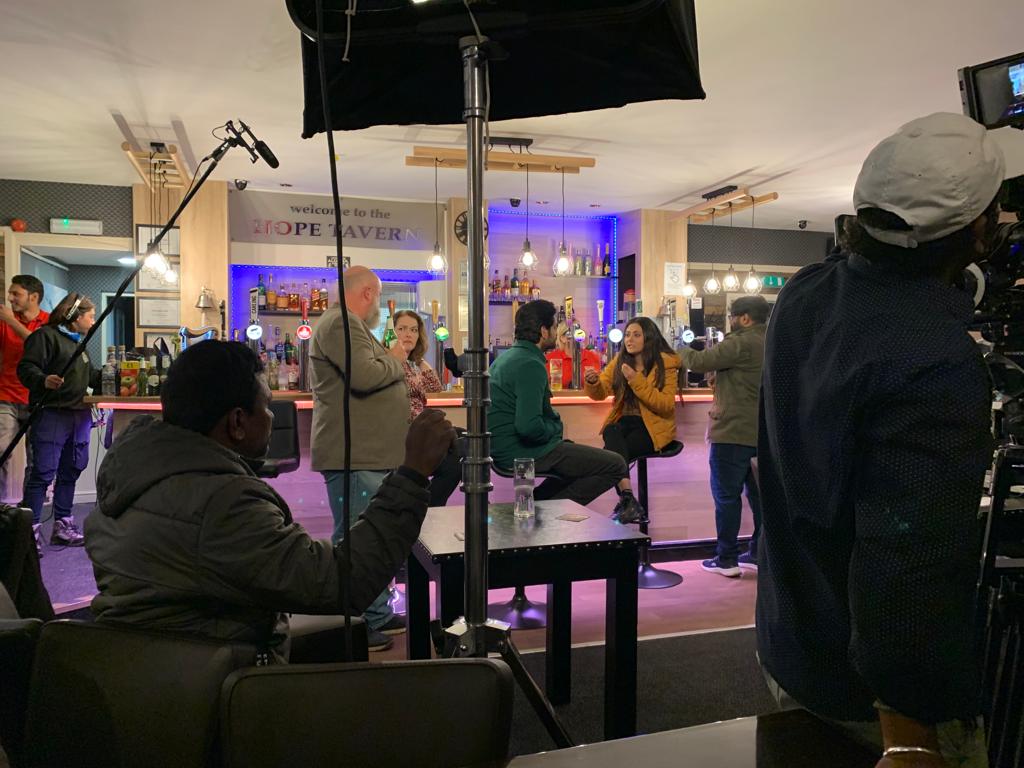Businesses want to pay for things as late as possible: their suppliers, contractors, freelancers, service-providers, capital expenditure (equipment and items they need to function). They want to hang on to any funds they have for as long as possible, earning interest in the bank or paying their staff. Let me be clear: I understand this. But how late is too late in paying suppliers? When does it become abuse or criminality? Different countries have different rules, of course.

In the UK you can expect to be paid in 30 days (which is the law for public service contracts, although it is 60 days for commerical ones). In the European Union, it’s the same. In the USA, it’s generally 30 days after delivery.
In India, the Micro, Small and Medium Enterprises Development (MSMED) Act 2006 limits payment terms to SMEs to 45 days. But in the Indian movie industry , it seems 3 months is standard. It can get up to 6 months, but then you have to fight for your money, chivvying and chasing, and even publicly shaming the production house by taking to Twitter, Instagram and Facebook (they use FB a lot in India for business). You have to name and shame individuals, companies and even the stars and directors of the films involved. It’s not the actors’ fault, of course, but they get caught in the crossfire. So, why does it take so long for Indian companies to pay?
Are they just crooks?
Before I answer that, let me just say I know many film extras who haven’t been paid YEEEEAAAARS after doing the work, and they’ve just written the debt off – partly because they don’t know how to pursue it, partly because they are never given the name of the production company to chase (and the only contact they had [their agent] has moved on to other projects), partly because they lack the confidence or determination to track down the payer, and finally because they fear being blackballed or labelled a troublemaker.
So, are these Indian companies just exploiting the vulnerable, powerless and unrepresented (extras are pretty far down the food chain for Indian filmmakers)?
Or, as they claim, have they transferred the money to their UK representatives where it’s got “held up” by the UK banks?
UK banks, of course, have a duty to find out the provenance of any amount over €10,000 – €15,000 (depending on the account). And they have to investigate ‘linked transactions’ where they suspect amounts have been deliberately broken down into separate, smaller deposits to avoid due diligence checks. This is what has happened in a number of films I have worked on (as an actor or extra) according to the explanations from the production companies in Mumbai.
Now, I am not an international business expert. Maybe there’s a better way to do this so that the ‘little people’ (the film extras working for £100 a day or less) get paid on time. Please let me know, my LinkedIn friends, if there is a solution! Or better still, let the Indian film producers know. There has to be one, right?



